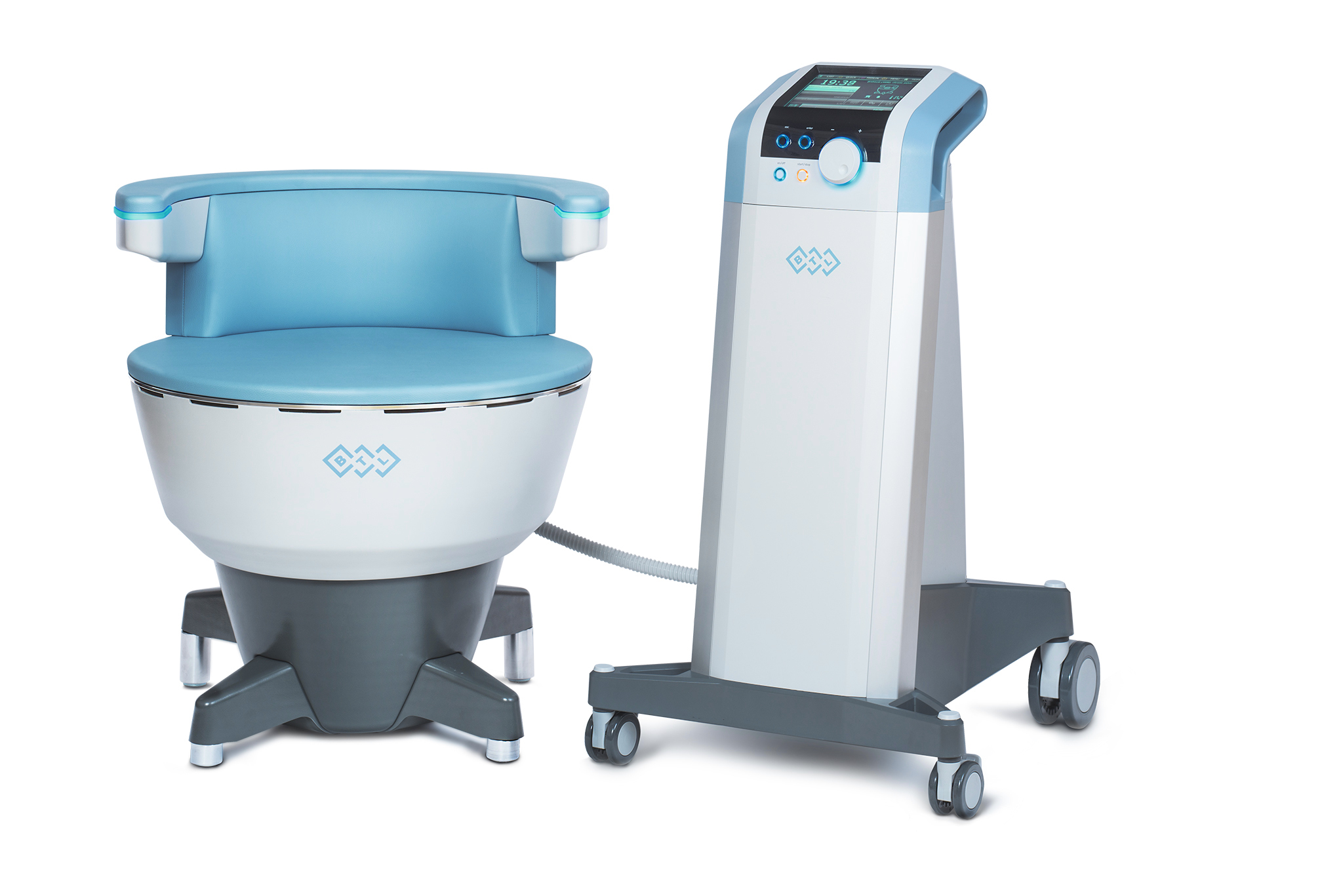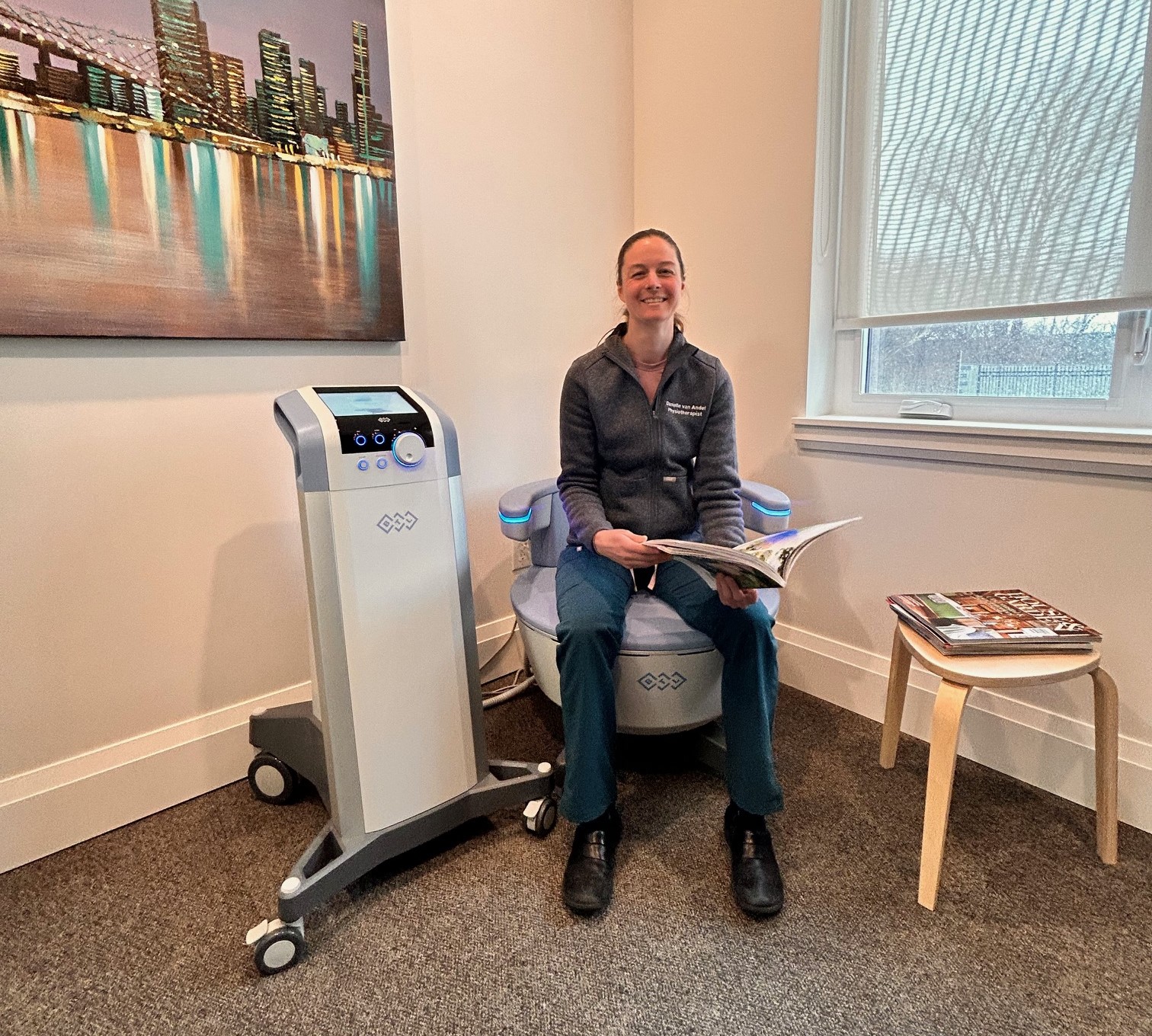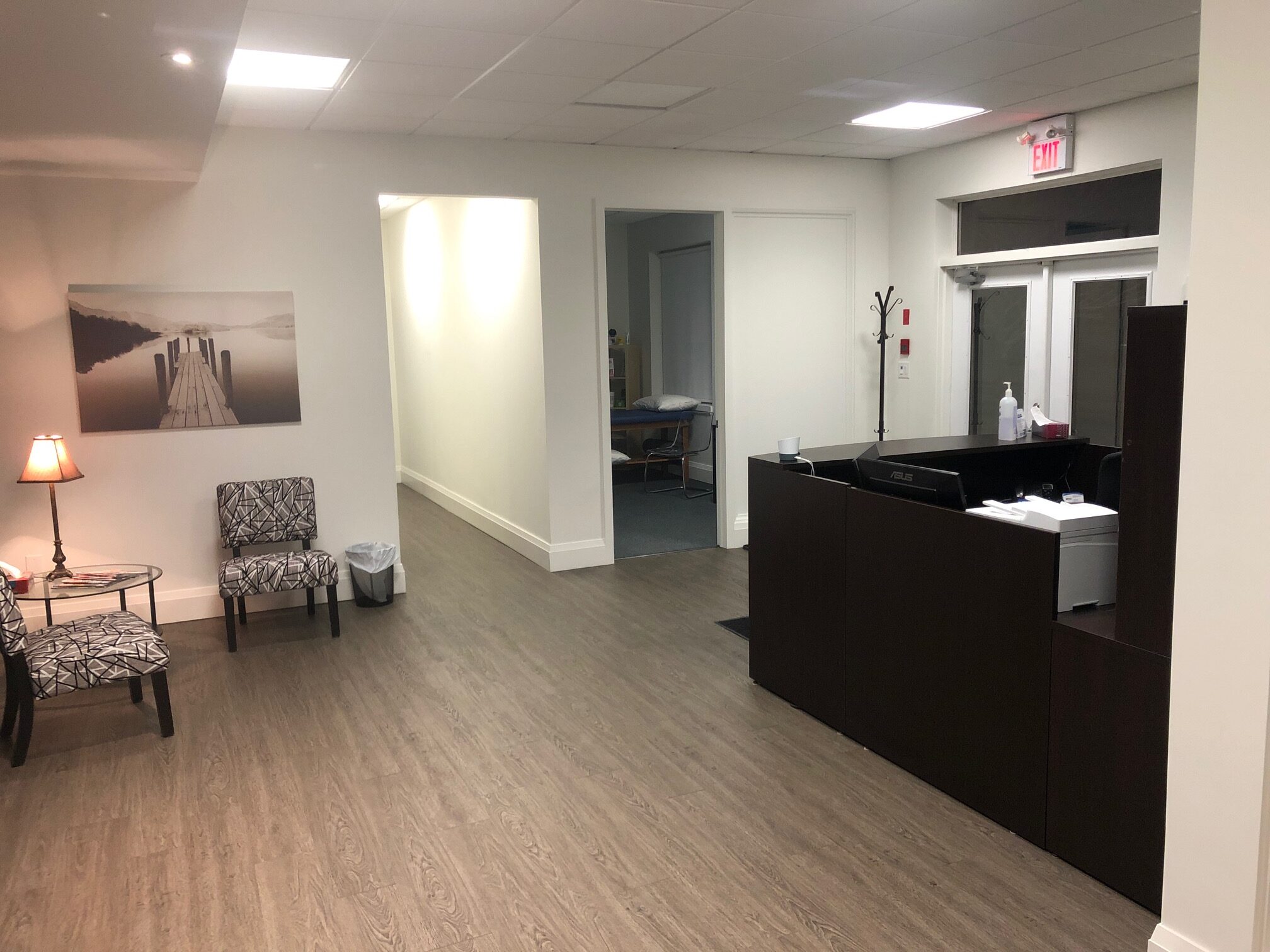
What changes can I expect to see with physiotherapy?
Most patients with BPS or IC notice a significant improvement in pain and function with pelvic floor physiotherapy. They may also notice improvements in other pelvic floor-related conditions they may be experiencing such as constipation, rectal pain and dyspareunia.
What is involved in physiotherapy for BPS or IC?
Treatment for BPS or IC begins with education. We cover the neurophysiology of pain and the involvement of the pelvic floor. Patients will be taught to identify aggravating factors such as diet, activities, stress and anxiety, and how to modify or address them. This may include referral onward or back to the family doctor if appropriate. One frequent component of BPS or ICis tension and tenderness of the pelvic floor muscles and surrounding tissues. Manual therapy will be used to address tension in the pelvic floor muscles and surrounding tissues. Patients will be screened and treated for other associated conditions such as rectal pain and dyspareunia. We also provide education on urinary urge, urge management techniques, and bladder training. Diet, fluids, constipation and other urge triggers will be explored. We will teach your patients how to identify these factors and how to make appropriate modifications. Education on the role of stress and anxiety in urinary urgency and painwill be provided.
How long will it take to see improvement?
There is a fair bit of variability in how long resolution will take. Some patients will achieve full resolution within a few visits, while others will take much more time. An average patient will begin to notice small improvements within a few sessions, though full results will take longer.
How do I get started?
If you’re ready to try pelvic floor physiotherapy for your BPS or IC call Pure Pelvic Health at (905) 218-6556 to schedule an initial assessment appointment. We are experienced pelvic health physiotherapists ready to help you.


